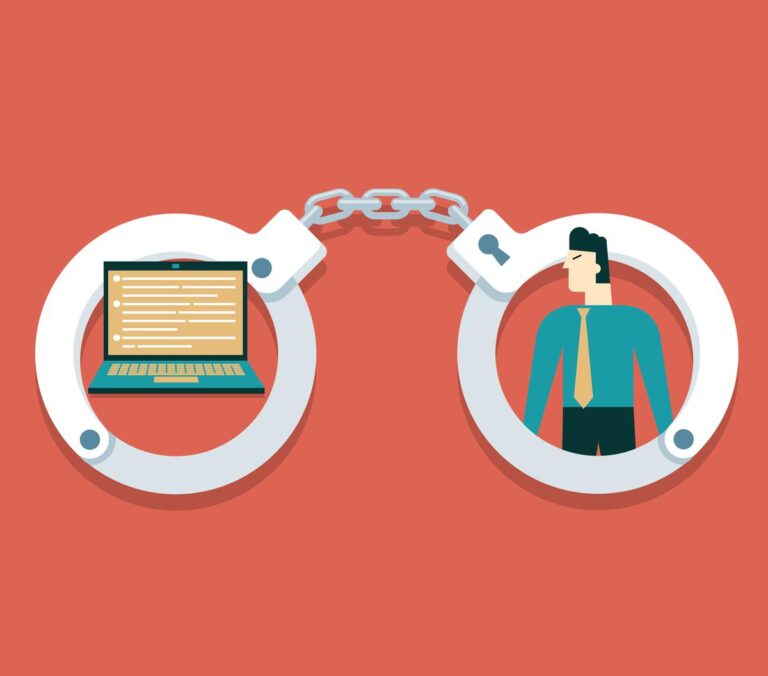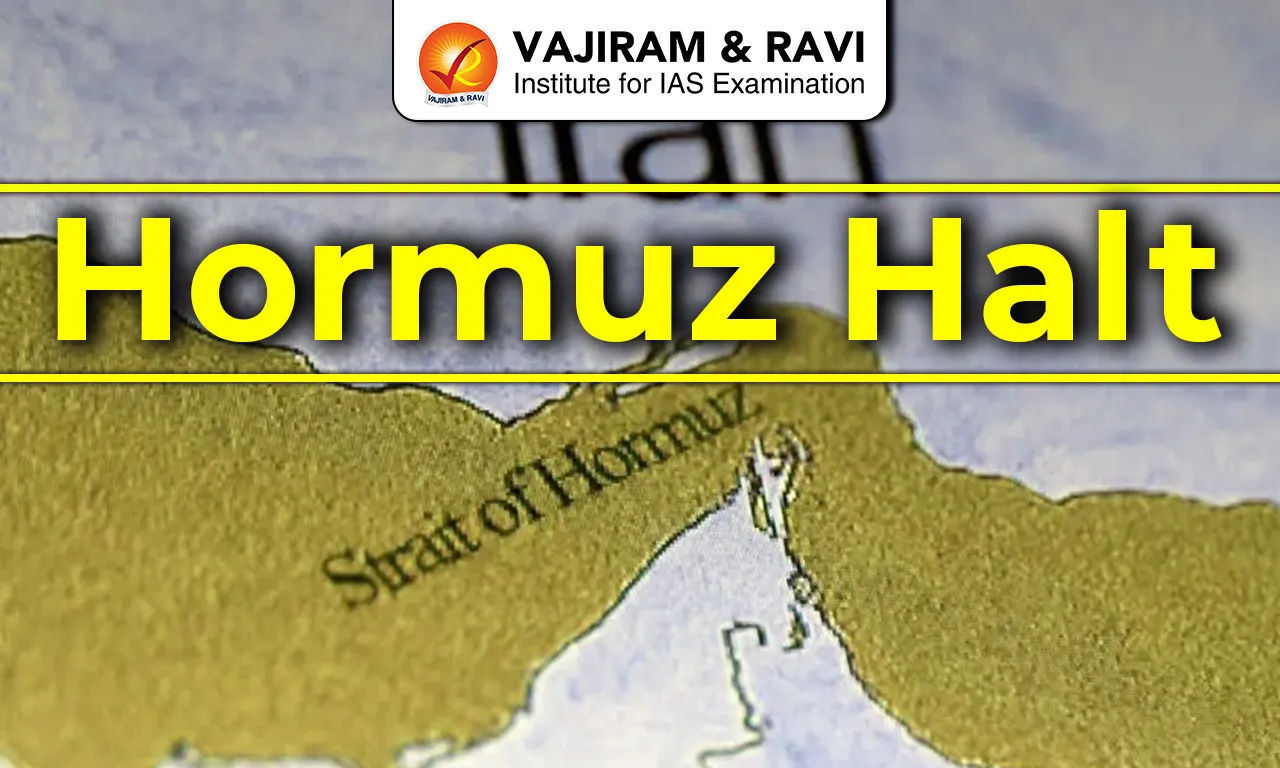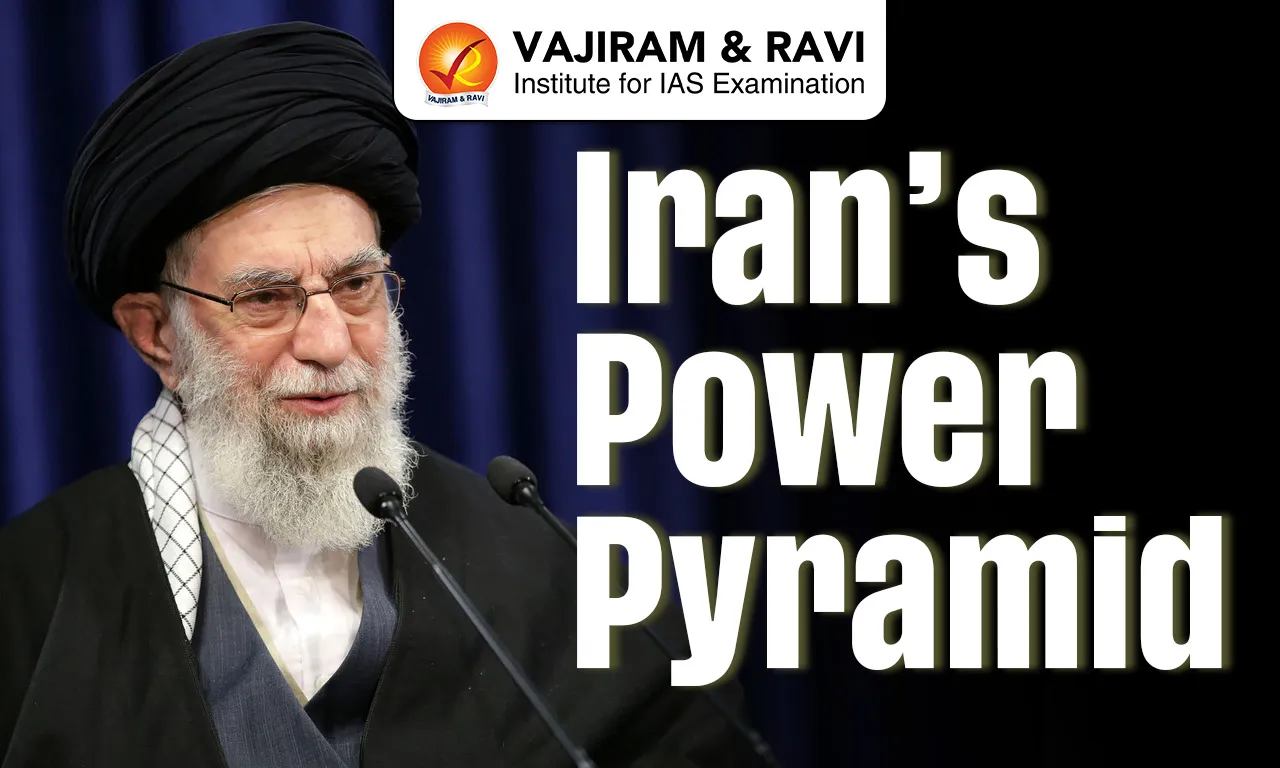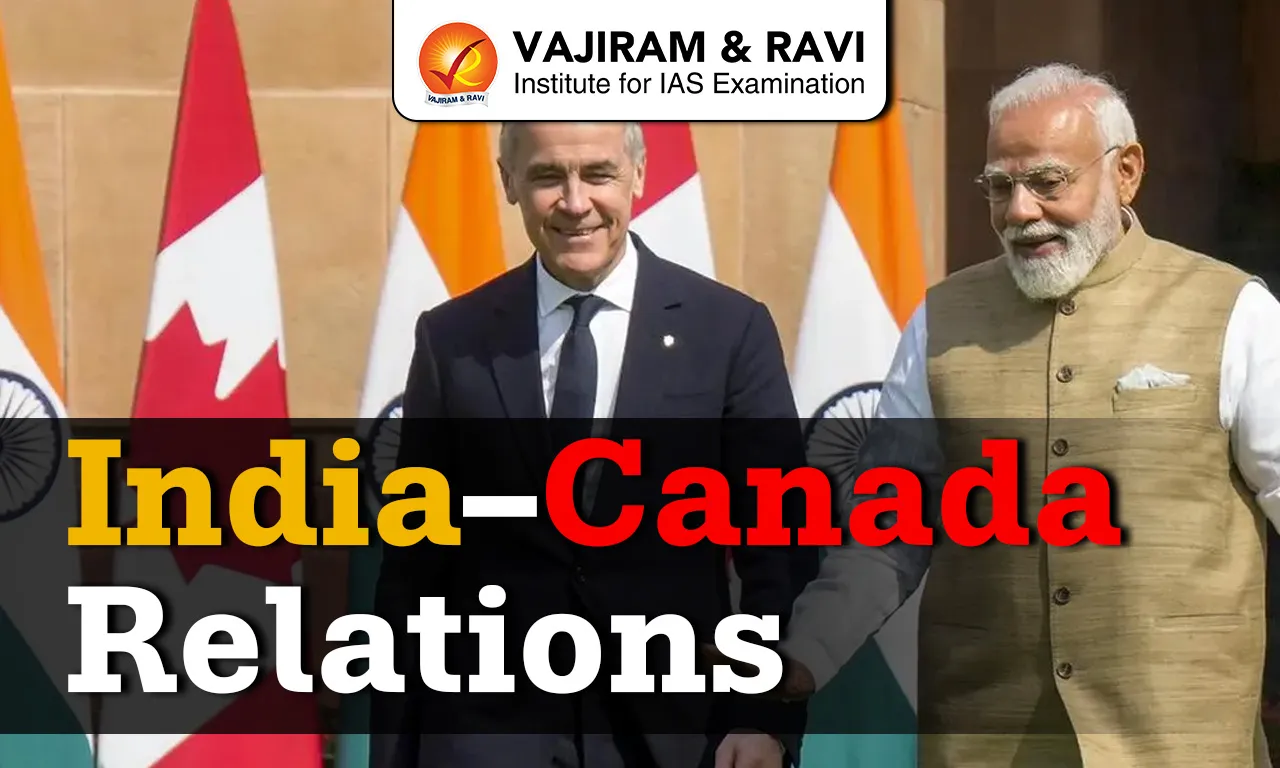What’s in today’s article?
- Background (Definition of Intermediaries, How new IT Rules came up)
- IT Rules, 2021 (Major modifications introduced through IT Rules for Intermediaries)
- Amendments to IT Rules, 2021
Why in News?
- In October, the Ministry of Electronics and IT (MeitY) had notified amendments to the Information Technology (IT) Rules, 2021 where it said that the government will appoint one or more grievance appellate committees (GACs).
- These committees could deal with a number of issues including content moderation, deplatforming and data protection.
Background:
- Intermediaries are entities that store or transmit data on behalf of other persons, and include telecom and internet service providers, online marketplaces, search engines, and social media sites.
- The Information Technology Act, 2000 was amended in 2008 to provide an exemption to intermediaries from liability for any third-party information.
- Following this, the IT (Intermediary Guidelines) Rules, 2011 were framed under the IT Act to specify the due diligence requirements for intermediaries to claim such exemption.
- Later on, Information Technology (Intermediary Guidelines and Digital Media Ethics Code) Rules, 2021 were notified in February, 2021, to replace the 2011 Rules.
What are the provisions of IT (Intermediary Guidelines and Digital Media Ethics Code) Rules, 2021?
- The rules were notified by the MeitY in February, 2021.
- The Rules provide the due diligence to be followed by an intermediary (including social media intermediary) while discharging its duties, Grievance Redressal Mechanism and Digital Media Code of Ethics.
- Due Diligence to be followed by Intermediary –
- Prominently publish on its website (or mobile based application or both), the rules and regulations, privacy policy and user agreement for access or usage of its computer resource by any person;
- The rules have modified the categories of content that users are not allowed to upload or share.
- Periodically (at least once in a year) inform its users of its rules and regulations, privacy policy or user agreement.
- Grievance Redressal Mechanism of Intermediary –
- The intermediary must ensure to prominently publish on its website/mobile based application, the name of the Grievance Officer and his contact details.
- Grievance Officer shall acknowledge the complaint within 24 hours and resolve it within fifteen days from its receipt.
- Additional Due Diligence for Significant Social Media Intermediary –
- The 2021 Rules define social media intermediaries as intermediaries which primarily or solely enable online interaction between two or more users.
- Intermediaries with registered users above a notified threshold will be classified as significant social media intermediaries (SSMIs).
- SSMI shall appoint a Chief Compliance Officer who shall be responsible for ensuring compliance with the Act.
- SSMI shall appoint a nodal contact person for 24×7 coordination with law enforcement agencies and officers to ensure compliance to their orders or requisitions made in accordance with the provisions of law or rules made thereunder.
- Identifying the first Originator of Information –
- An SSMI which primarily provides messaging services (for example WhatsApp), must enable the identification of the first originator of information within India on its platform.
- Ensuring Online Safety and Dignity of Users –
- Intermediaries shall remove or disable access within 24 hours of receipt of complaints of contents that exposes the private areas of individuals, show such individuals in full or partial nudity or in sexual act or is in the nature of impersonation including morphed images etc.
- Such a complaint can be filed either by the individual or by any other person on his/her behalf.
- Oversight Mechanism –
- Ministry of Information and Broadcasting shall formulate an oversight mechanism.
- It shall publish a charter for self-regulating bodies, including Codes of Practices. It shall establish an Inter-Departmental Committee for hearing grievances.
What are the amendments made to the IT Rules, 2021?
- The amendments have put additional obligations on the Social Media Intermediaries (SMI) to ensure better protection of user interests.
- The original IT Rules, 2021 obligated the SMIs to merely inform its users of the “rules and regulations, privacy policy and user agreement” that governed its platforms.
- This obligation on the SMIs has now been extended to ensuring that its users are in compliance with the relevant rules of the platform.
- Further, SMIs are required to “make reasonable” efforts to prevent prohibited content being hosted on its platform by the users.
- SMIs are also now obligated to “respect all the rights accorded to the citizens under the Constitution, including in the Articles 14, 19 and 21”.
- SMIs are now also obligated to remove information or a communication link in relation to the six prohibited categories of content as and when a complaint arises.
- They have to remove such information within 72 hours of the complaint being made.
- Lastly, “rules and regulations, privacy policy and user agreement” of the platform should be made available in all languages listed in the eighth schedule of the Constitution.
News Summary:
- In October, the Ministry of Electronics and IT (MeitY) had notified amendments to the Information Technology (IT) Rules, 2021 where it said that the government will appoint one or more Grievance Appellate Committees (GACs).
- The Central government is planning to create three such committees.
How does the Grievance Appellate Committee work?
- Under the amended IT Rules, each GAC is slated to have a chairperson and two whole time members appointed by the Centre, one of which will be a government official and two “independent members”.
- GACs can seek assistance from people who may have adequate expertise and experience in a subject matter while dealing with users’ appeals.
- The GACs will adopt an “online dispute resolution mechanism” where the entire appeal process, from its filing to the final decision, will be done online.
Q1) Who are social media intermediaries?
Media intermediaries are influential propagators and mediators of information with paramount importance when it comes to forming and diversifying opinions. They act as “gatekeepers”.
Q2) What are the objectives of Information Technology Rules 2021?
The objective of Information Technology Rules 2021 is to ensure that all Indian Internet users and Digital Nagriks have access to an open, safe, trustworthy, and accountable Internet.
Last updated on March, 2026
→ UPSC Notification 2026 is now out on the official website at upsconline.nic.in.
→ UPSC IFoS Notification 2026 is now out on the official website at upsconline.nic.in.
→ UPSC Calendar 2026 has been released.
→ UPSC Final Result 2025 is expected to be released soon.
→ Check out the latest UPSC Syllabus 2026 here.
→ Join Vajiram & Ravi’s Interview Guidance Programme for expert help to crack your final UPSC stage.
→ UPSC Mains Result 2025 is now out.
→ UPSC Prelims 2026 will be conducted on 24th May, 2026 & UPSC Mains 2026 will be conducted on 21st August 2026.
→ The UPSC Selection Process is of 3 stages-Prelims, Mains and Interview.
→ Prepare effectively with Vajiram & Ravi’s UPSC Prelims Test Series 2026 featuring full-length mock tests, detailed solutions, and performance analysis.
→ Enroll in Vajiram & Ravi’s UPSC Mains Test Series 2026 for structured answer writing practice, expert evaluation, and exam-oriented feedback.
→ Join Vajiram & Ravi’s Best UPSC Mentorship Program for personalized guidance, strategy planning, and one-to-one support from experienced mentors.
→ Check UPSC Marksheet 2024 Here.
→ UPSC Toppers List 2024 is released now. Shakti Dubey is UPSC AIR 1 2024 Topper.
→ Also check Best UPSC Coaching in India


















